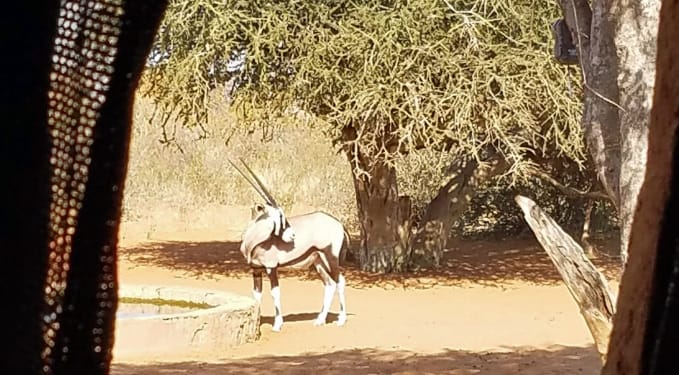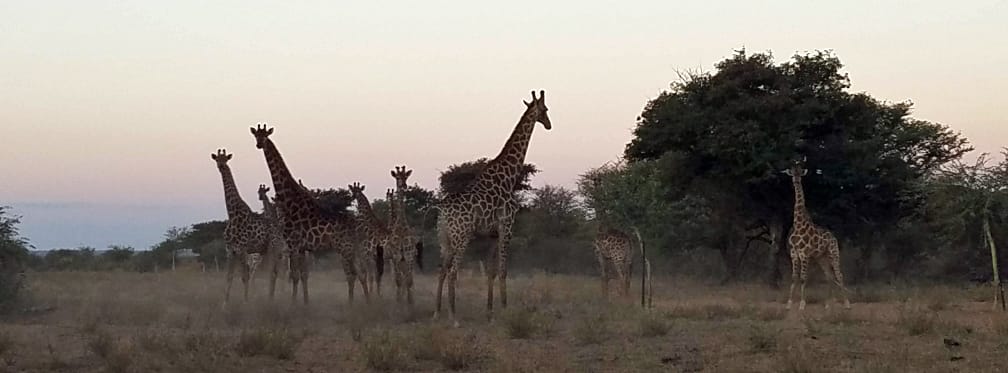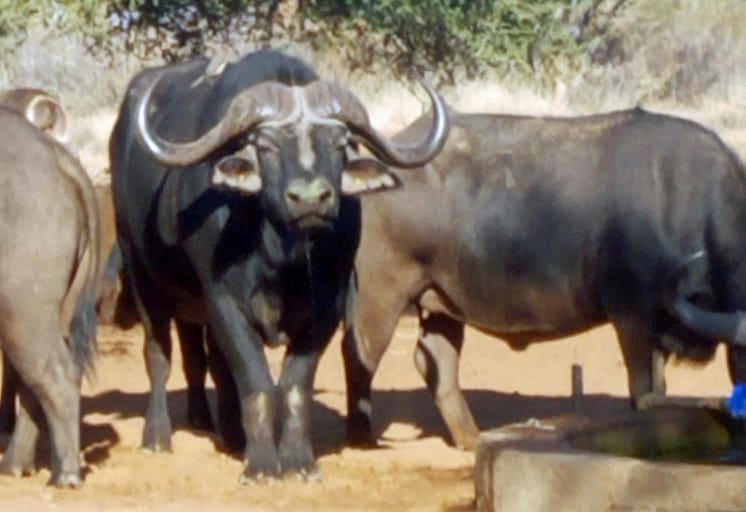I am in a unique situation in that I have children with someone who, other than respecting some of the people I know because they are educated, does not like hunting. As a co-parent, I often have hard discussions with my children about whether it is right or not right to hunt for “trophies” no matter the type. This appeals greatly to my scientific mind as it gives me something different to research. The idea of trophy hunting and hunting is under attack by the British monarchy and stateside and I have had to delve deeper into this topic since my children hear about it in their dad’s car on the way to school. They told me that “hunting is destroying biodiversity”, so I had to research if this was true and this is what I learned.
Hunting in Africa
When most non-hunters think of hunting in Africa, they think of the grip and grin by a majestic lion or some half-naked girl sitting on her giraffe (I do not like that either, but what they do largely is not under my purview). The first article I read was in Nature (one of the most prestigious journals for a scientist to be published in, so I was intrigued). The article, “The Ravages of Guns, Nets, and Bulldozers”, is largely misleading as it puts the means of hunting first. If you delve deeper, you see that hunting, with no mention of the category of hunting, is associated with 1,680 animals being classified by the International Union for Conservation of Nature (IUCN) as “threatened” compared to the 8,688 animals classified as being threatened by human interaction. This is half as much as logging, agriculture, or human development and significantly less than disease, pollution, humans building dams, or fire. But according to these authors, the media, and most of the general public, hunters are to blame. I was surprised that hunting may cause animals to be threatened and I dug a little more.

Read More: Hunting Exotic Animals In Texas
I happened on an article, apparently the first of its kind, that talks about the bushmeat crisis. Bushmeat hunting is when wild animals are taken for human consumption in developing countries. This practice is often illegal and unregulated. Coordinated hunts, for which many hunters travel to Africa, participate in sustenance hunting.
In Africa alone, the population has quadrupled in the past 50 years, while doubling in the past 20, with an exponential growth curve. This leads to a largely undeveloped area where people are used to hunting or scavenging for food. These people need to eat and hunting is the traditional means of take, where they typically hunt with a snare. There are trade-offs using livestock, like developed countries utilize, or commercial agriculture. Thus far, attempts to switch from subsistence hunting to livestock husbandry have not been successful. This is not trophy hunting, but rather people in an expanding society fighting to survive.

This practice contrasts with trophy hunting in developing countries. Last year, I went dove hunting in Argentina and a large part of that harvest went to a local orphanage. This is the case for most trophy hunts worldwide where they place a value on animals that locals might see as predators or annoyances. When hunters give value to an animal and provide jobs to locals, this increases the local quality of life. All the African guides that I personally know donate the meat to the local villages, which helps alleviate food insecurity in the area. There also have been several successes in conservation that have been fueled by the hands of so-called “trophy” hunters.
Ethical hunters have a desire to conserve the land here and abroad. The practices of conscientious hunters bring more good than harm and these benefit people groups and the land.




